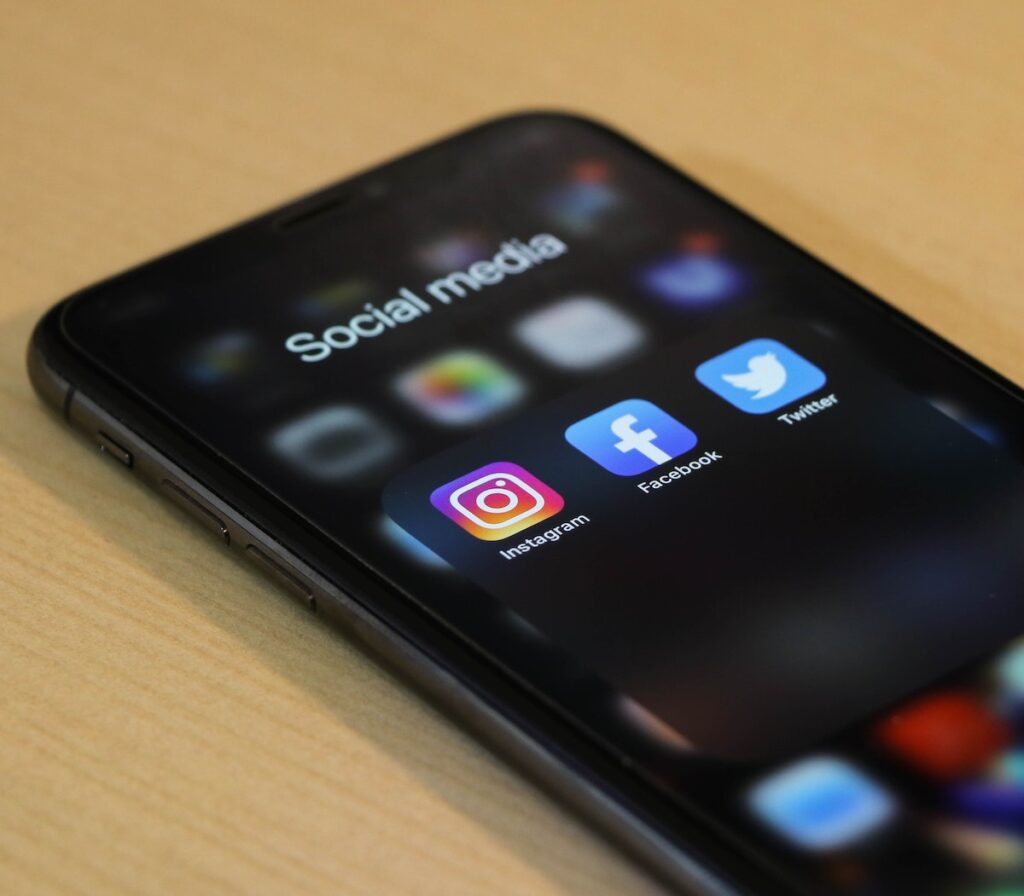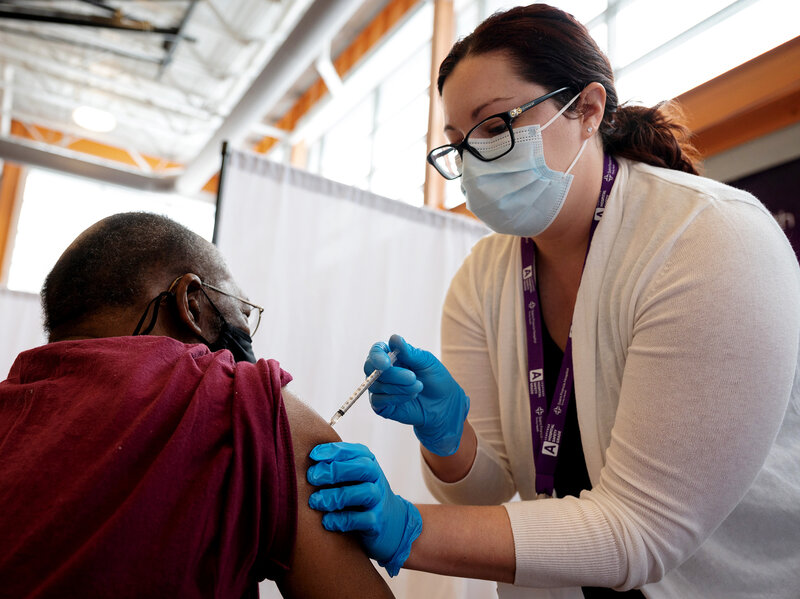Facebook and the depression factor

1
RubinaHoque, a 26-year-old married girl, was scrolling down her Facebook homepage. She observed that one of her friends had posted some snapshots. Actually her friend along with her husband went on a tour to pass some quality time. So, they were posting photos on Facebook to share and show how they were passing and enjoying their time during the tour to a tourist destination. Well, Rubina, upon her husband’s return from office, requested him to take her to Cox’s Bazar. Her husband refused such proposal as he did not have adequate amount of money at that time to bear the expenses of such a vacation. Rubina, being furious, said to her husband, “Why don’t we have much money?” For the next few days, Rubina felt very sad owing to the fact that they could not make it to Cox’s Bazar.
2
ShafatMostofa, a 29-year-old man, was browsing Facebook. Suddenly his eyes got stuck on a status by one of his friends. His friend has recently been appointed as a lecturer in a public university. Rubel was happy for his friend’s success but at the same time he felt a little frustrated as he personally could not make it so far. Rubel is currently working in a private company as an executive but his friends are doing much better than him in the professional life. Despite getting the same education from the same institution Rubel has utterly failed to achieve much. In contrast, his friends are performing quite well and every now and then they are posting pictures and status flaunting their achievements. So, whenever Rubel sees these, he feels very depressed, not because of his friends’ success but because of his own failures.

depression
These two instances introduce us to the dark side of Facebook. Almost all of us have a Facebook account and we pass a considerable amount of time on this social networking site for communicating with friends and sometimes some of us use Facebook for sharing every minor details of our life openly with our Facebook friends, many of whom are completely unknown to us. Though Facebook is still considered to be a site for sharing and caring, sometimes Facebook can turn out to be a complete disaster for some people, which, in turn, can result in depression among those particular users. Depression in the real life, instigated by Facebook, can be understood from two perspectives — the first one is ‘social comparisons’ and the other is ‘individual achievements’.
As far as the first point is concerned, there is no doubt that Facebook can take a heavy toll on your mental health and affect you psychologically by instilling negativity in you. Scrolling through happy status updates, exciting vacation photos and beautiful family moments often lead the users (female users in particular) to compare their lives with those of their Facebook friends. These social comparisons ultimately compel the users to take for granted that their Facebook friends have better lives. And such feelings develop depression among those users and they keep going deep down in the world of depression and frustration without even any kind of notification on their minds’ timeline.
In addition to that, ‘individual achievements’ may sometimes trigger depression among some people. When we browse Facebook, we often encounter such people who are more successful than us. Admit it or not, but it seems that Facebook users tend to compete with their Facebook friends and so, they keep showing off their achievements on Facebook by updating status in which they display how successful they are. Such kind of attitude sometimes creates a sense of inadequacy among some people as the more exposure users have to evidence of Facebook friends who are doing better than they are (whether in the form of photos, status updates, etc.), the more it is likely that the less-successful friends will evaluate themselves negatively. The social and psychological impacts of this kind of negative self-evaluation can be very disheartening and can lead those users to a state of shock and depression.

depression
So, what now? Considering afore-mentioned factors should we stop using Facebook? No, not at all. Just remember that our lives are completely different from each other, so never make social comparisons. And never forget that most people deliberately don’t share their problems and insecurities on Facebook. So, you can only compare yourself with the person you were yesterday, not with someone else. If you can develop such kind of attitude, then you can scroll through Facebook homepage and friends’ profiles without the fear of depression.
(The writer is a columnist.)

- Last News
- More Read
- How celebrity endorsement is being used to dupe us 4 years ago
- Begging: The pull and push factors 4 years ago
- 4 reasons to travel around by a cycle 4 years ago
- Sumptuous soup to maintain your health 4 years ago
- Why so many educated youths are unemployed? 4 years ago
- When you are doing a sedentary job 4 years ago
- Unique ideas to decorate your office desk 4 years ago
- Lips: Making it bold & beautiful 4 years ago
- Masks you must have in your closet 4 years ago
- Of Congestion and exasperation 4 years ago
- Dishes to try out this Eid 1934
- Winter hacks: A quick guide 1923
- Makeup Game: Give It An Arabian Twist 1773
- Of Patriotism And Fashion 1755
- Parties: What To Take Into Account 1674
- Desi designers you should have an eye on 1649
- Luscious Cheese Kunafa 1588
- A tour around Bangabandhu Safari Park 1471
- Masks you must have in your closet 1452
- Small Budget, Big Makeover 1434
Copyright ©2019, All Rights Reserved. Development by: webnewsdesign.com












